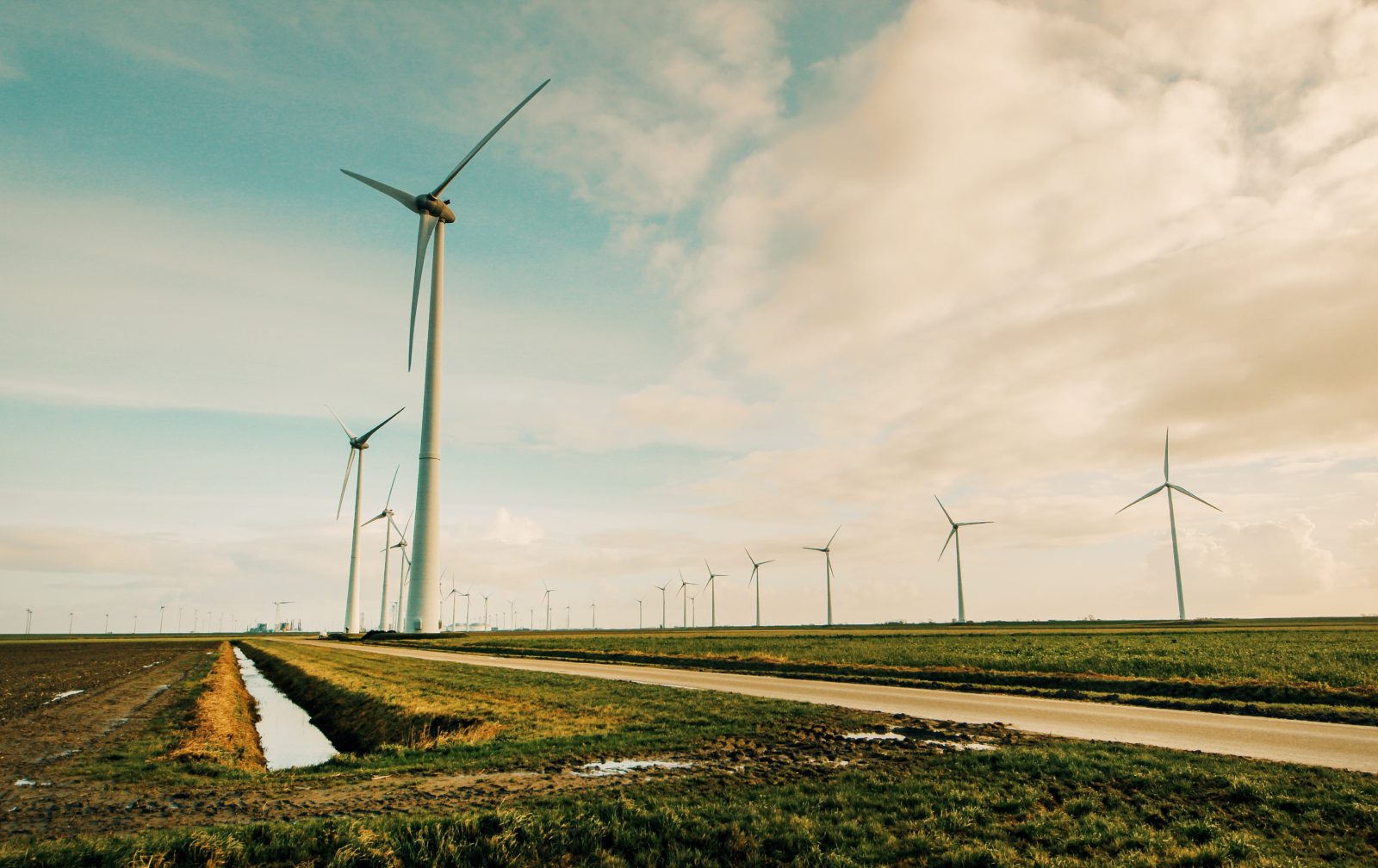The Czech Republic will receive an additional 2.2 billion euros (equivalent to over 53 billion Czech koruna) for industrial transformation and transition to clean energy. This was announced by Ursula von der Leyen, the President of the European Commission, after negotiations with Prime Minister Petr Fiala. The European Commission has approved the revised Czech recovery plan.
The National Recovery Plan amounts to 9.2 billion euros (over 224 billion Czech koruna), which will be used for investments in renewable resources, modernization of the transmission system, and development of emission-free transportation.
During her visit to Prague for the Green Deal summit, President Von der Leyen emphasized the importance of the transition to emission-free sources, one of the critical topics discussed with Prime Minister Fiala. Fiala highlighted the significance of nuclear energy for the Czech economy and expressed his hope that it will continue to be considered a clean energy source.
Von der Leyen added that the energy mix will remain the choice of individual member states according to their preferences and capabilities.
The European Union is striving for a significant reduction in emissions, and according to Von der Leyen, this is not only a challenge but also an opportunity for innovation.
This additional funding will support the Czech Republic’s efforts to achieve its clean energy goals and drive sustainable development.
Investment in Renewable Resources and Modernization of Infrastructure
The significant financial injection the Czech Republic receives will be instrumental in driving the development of renewable resources. The allocated funds will support the growth of clean energy technologies, including solar, wind, and hydroelectric power. This investment will reduce the nation’s reliance on fossil fuels and contribute to the ongoing fight against climate change.
Furthermore, a substantial portion of the funds will be dedicated to modernizing the transmission system. This modernization effort aims to enhance the efficiency and reliability of the energy grid, enabling the seamless integration of renewable energy sources. Upgrading the infrastructure will facilitate the smooth transition to a sustainable and decentralized energy system, ensuring a stable and secure electricity supply for Czech citizens.
Advancing Emission-Free Transportation
Another crucial aspect of the Czech Republic’s plan for a clean energy transition is the development of emission-free transportation. The allocated funds will be channeled into initiatives that promote the adoption of electric vehicles, the expansion of charging infrastructure, and the advancement of sustainable mobility solutions. By investing in emission-free transportation, the country aims to reduce its carbon footprint and improve air quality, ultimately creating a healthier and more sustainable environment for its citizens.
Strengthening the Role of Nuclear Energy
Prime Minister Fiala’s emphasis on the importance of nuclear energy highlights its significant role in the Czech Republic’s energy landscape. Nuclear power has long been a critical component of the nation’s energy mix, providing a reliable and low-carbon source of electricity. With this additional funding, the government aims to continue investing in nuclear energy, ensuring its continued contribution to the country’s energy security and decarbonization efforts.
A Step Towards a Greener Future
The approval of the revised Czech recovery plan by the European Commission marks a significant milestone in the country’s journey towards a greener and more sustainable future. The substantial financial support provided by the European Union will accelerate the Czech Republic’s transition to clean energy and contribute to the achievement of its climate goals. By investing in renewable resources, modernizing infrastructure, and promoting emission-free transportation, the country is taking decisive steps to build a more resilient, environmentally friendly, and prosperous future for its citizens.






